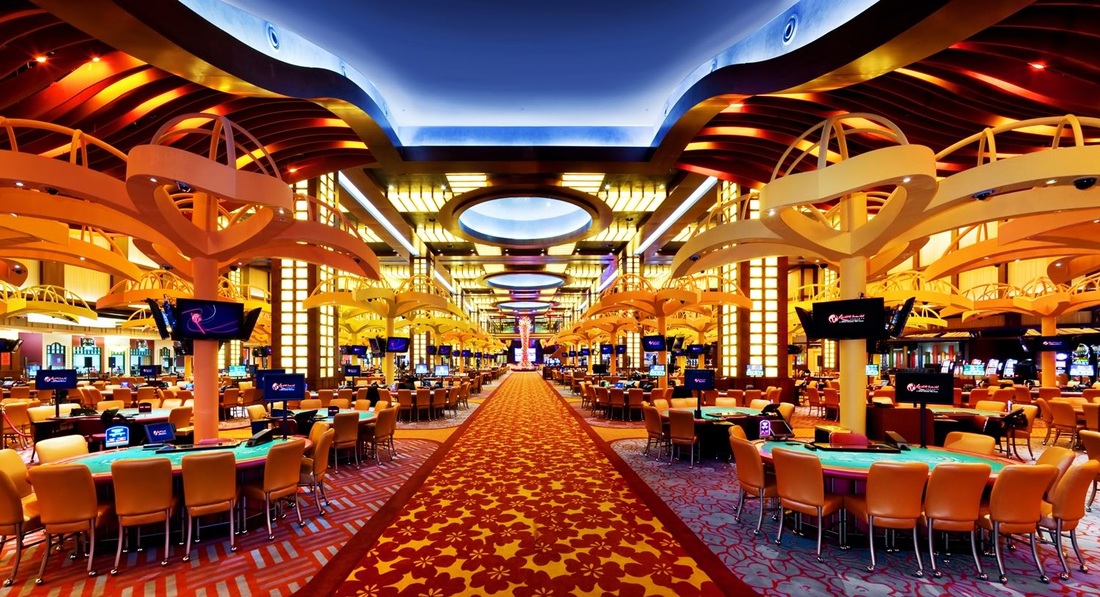
Casino games have consistently attracted a wide range of players, offering not only the thrill of chance but also a distinct experience designed for diverse types of players. From analytical thinkers who thrive on strategic thinking to recreational players in search of entertainment, casinos are aware of the details of their audience and develop games that meet these diverse interests.
In delving into the world of casino games, we encounter a diverse array of choices that interest all types of players. Poker tables with high stakes draw competitive players, while vibrant slot machines appeal to players who seek immediate satisfaction. Whether it be the chance to win big or simply enjoying the social environment, casinos design their game offerings to ensure that everyone can find their niche that feels comfortable and engaging. Understanding how these games are designed for diverse types of players can enhance not only our appreciation of them but also our approach to choosing which games to play.
Grasping Player Categories
In the multifaceted world of casino games, gamers can be classified into distinct kinds based on their motivations and choices. These participant types range from the laid-back and community-oriented gamers, who enjoy the enjoyment value and community engagements that gambling provides, to the more strategic and methodical players, who seek to boost their chances and profits. Understanding these various player types is essential for casinos to customize their offerings and build immersive settings.
One common category is the social player, who considers casino games as a form of group interaction and entertainment rather than a serious gambling activity. These players often enjoy games that encourage involvement and camaraderie, such as blackjack. Their attention is on the experience rather than the conclusion, so dynamic settings and shared moments are what they cherish the most.
On the contrary end of the scale, competitive players are driven by contest and the quest of ability. They tend to gravitate toward games that require tactical planning and strategy, such as blackjack, where their skills can influence the conclusion. This kind often engages with the games on a more profound level, utilizing expertise and strategies to gain an edge. Grasping these drives allows casinos to create settings and game selections that suit to each player’s individual choices.
Strategies for Game Design
Casino games are designed with diverse player types in mind, utilizing multiple strategies to attract and engage them. For recreational players, the focus is on simplicity and ease of understanding. Games like slots are frequently aesthetically pleasing with straightforward mechanics. This allows players to enjoy the gameplay without a difficult learning curve, creating an inviting atmosphere. slot online The vibrant hues, catchy sounds, and themes create a fun environment where players can easily get involved and entertained.
For tactical players who enjoy a deeper level of involvement, games such as Texas Hold’em and blackjack offer complexity and skill-based elements. These games feature strategy and tactical choices, appealing to players who thrive on challenge and want to exercise their mental skills. The design of these games regularly includes complex rules and mechanics that test players to hone their skills and develop strategies over time, creating a rewarding experience for those who appreciate perfecting the game.
Furthermore, community-oriented players are considered through games that highlight interaction and community. This comprises live dealer games and multiplayer formats, which cultivate a sense of community among players. The design of these games typically incorporates communication tools and communal aspects, allowing players to connect and exchange insights. By creating an environment where interaction is promoted, casinos can effectively engage community players, making the gaming adventure more pleasurable and memorable.
Improving Participant Satisfaction
Casino games have progressed significantly to provide a much more entertaining atmosphere for players. Game developers focus on immersive graphics, rich soundscapes, and creative game mechanics that pull gamers into the gaming environment. By employing tech, such as immersive technology and augmented reality, gaming establishments ensure that players feel as if they are part of a dynamic experience, enhancing not only the pleasure of the games but also the entire enjoyment of being in a gambling venue.
Player interaction is another key factor in improving participant experience in gambling options. Many titles are crafted to promote engagement among participants, whether through team play or messaging options. This community feature attracts players who appreciate connecting with others while playing, fostering a community vibe community. Furthermore, interactive elements can feature scoreboards, competitions, and incentives for collaborative gaming, which engage competitive players and encourage them to revisit for additional.
Lastly, personalization plays a vital role in adapting the interaction for diverse player types. Gaming establishments and game developers study participant habits and likes to provide tailored gaming recommendations and rewards. By comprehending the distinct interests of gamers, betting venues can offer customized deals, rewards, and new game releases that resonate with each participant, thus boosting their overall satisfaction and commitment to the gaming venue.
